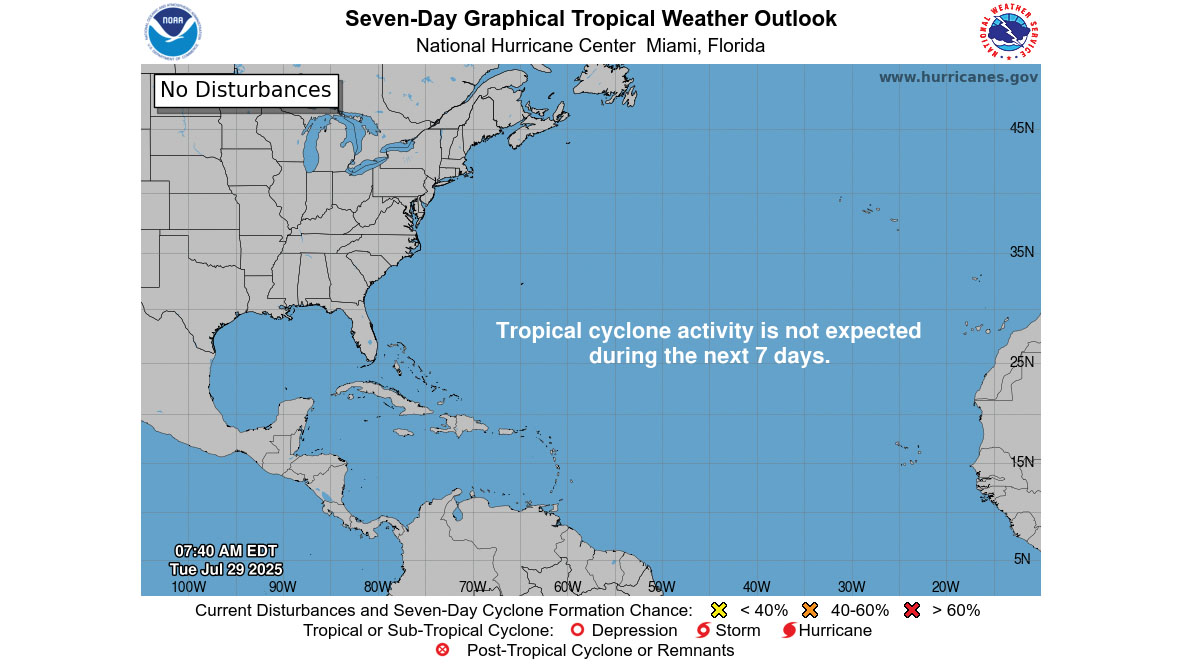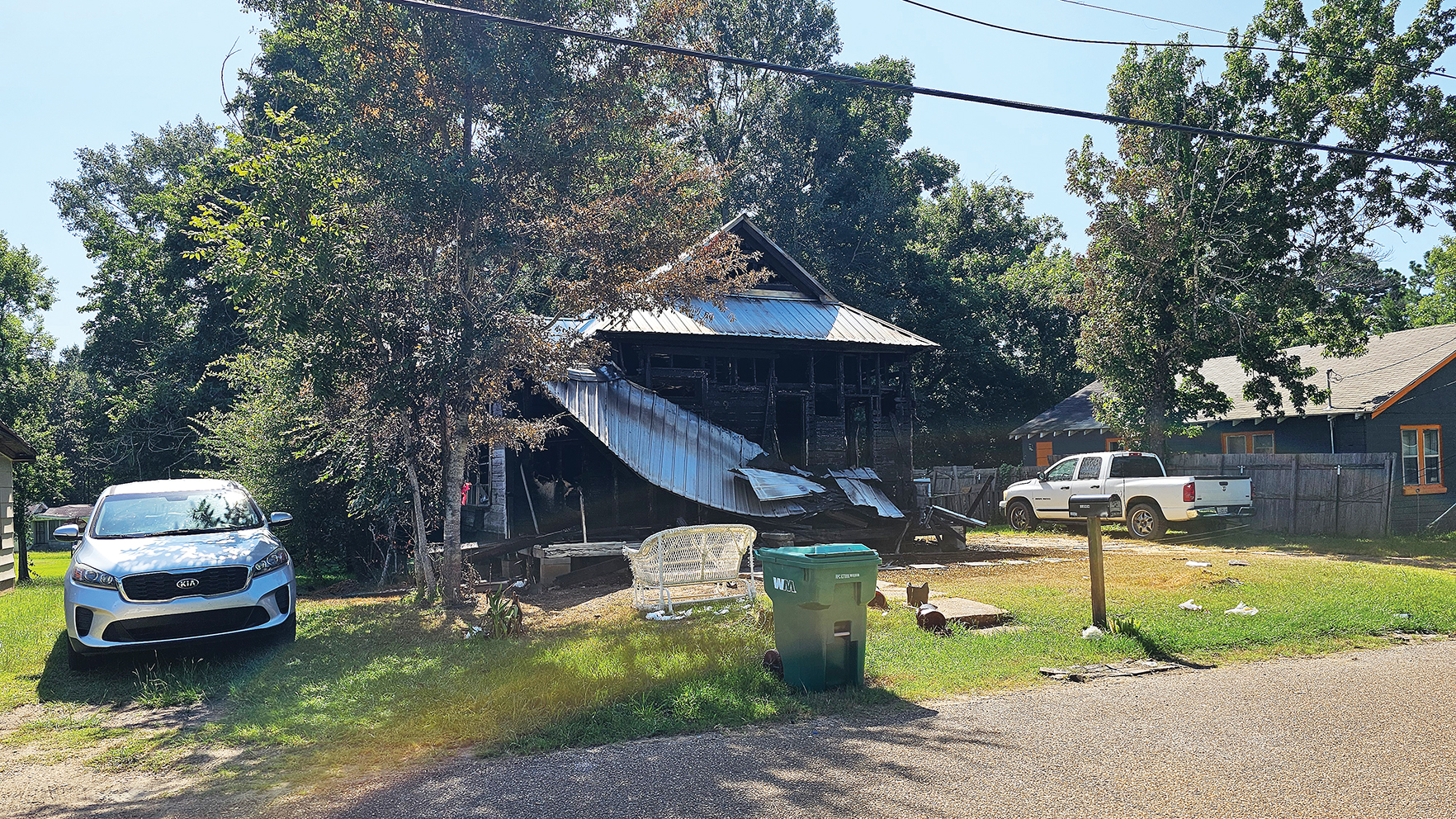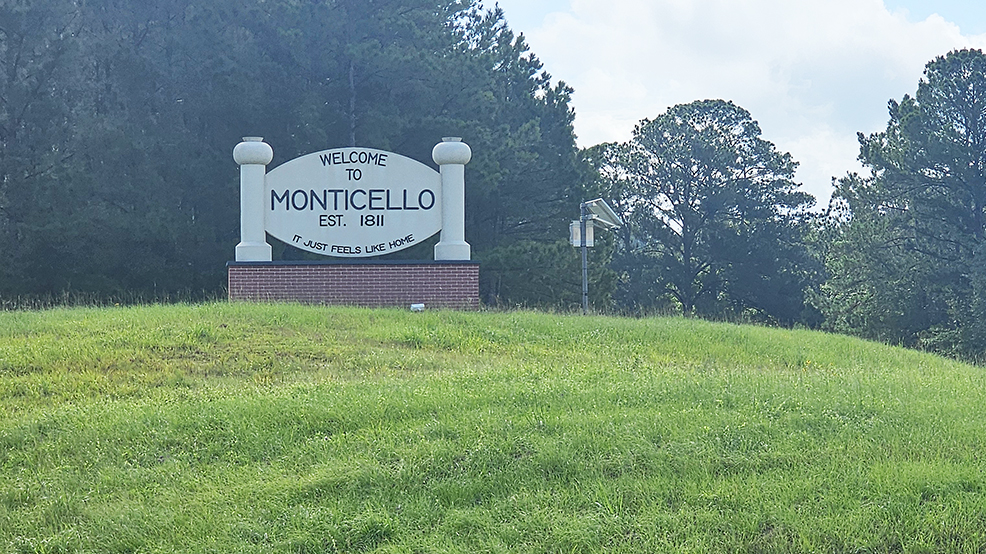Brookhaven native given Bronze Star for Iraq duty
Published 6:00 am Wednesday, February 25, 2009
A Brookhaven native was honored Tuesday with one of the nation’shighest awards for the skill and courage he displayed during ayearlong tour in one of Earth’s deadliest places.
Chief Hospital Corpsman Brian S. McGee, a 25-year veteran of theU.S. Navy, received the Bronze Star for a string of actions inIraq’s Diyala Province in which he helped capture high-rankingal-Qaeda militants, train Iraqi Army personnel and save the livesof fellow Americans and Iraqi soldiers and civilians.
McGee accomplished the acts wearing a 2004 Brookhaven HighSchool state championship T-shirt under his body armor most of thetime.
Trending
“I’ve been a Brookhaven man all my life,” he said. “I graduatedBHS in 1984 and I’ve been doing this ever since.”
McGee said he joined the military straight out of high school to”get out of Brookhaven and try something new.” Now, his long career- which also includes service in Operation Just Cause, the 1989invasion of Panama – has reached a new high with the awarding ofone of the nation’s top 10 medals.
“I guess it’s way bigger than it ought to be,” McGee saidmodestly about his Tuesday ceremony. “I guess we don’t have toomany chiefs getting bronze stars. It means a good deal to me. I wasable to represent the Navy out there in a world where I was theonly Navy guy for 70-80 miles in the whole area.”
From December 2007 to December 2008, McGee displayed his combatand medical expertise in more than 30 operations by leading raids,battling enemies in firefights, neutralizing explosive devices andtraining Iraqi soldiers. He volunteered for many of his missions,was attached to U.S. Army Special Forces elements and served as anadviser and sometimes leader to Iraqi Army units.
The U.S. Army, which nominated McGee for the Bronze Star, saidin its narrative for Tuesday’s ceremony at Camp Lejeune, N.C., thatMcGee’s service was “nothing short of exemplary.” According to thedocument, McGee’s units captured approximately 100 insurgents,including two High Value Targets; destroyed dozens of weaponscaches, explosive devices and enemy vehicles; and cleared andpatrolled villages almost daily. McGee even personally stopped asuicide vehicle by manning a machine gun at the rear of his unit’sadvance.
It was not a cakewalk. McGee was right in the middle of enemyfire and explosions as his team went door to door, clearingstructures and engaging in close quarters battle.
Trending
“To sum it all up, a lot of these operations took us right inthe middle of the bad guys, and we were usually good enough, quickenough and quiet enough to get in and get out and grab our targetwith a minimum footprint,” he said. “We did lose some people outthere, but nobody under my direct operations, and to me that’s ahuge success.”
As a Navy corpsman, McGee’s specialty wasn’t taking lives, butsaving them.
As a medical adviser to Iraqi Army units, McGee developed aTrauma Combat Casualty Care training course and instructed morethan 50 Iraqi medics. He and his newly trained Iraqi medics puttheir skills to the test throughout the night after a three-mansuicide attack in the village of Baladrooz that the Army releasecalled “the worst mass casualty event in Diyala history.”
“We wound up bringing 60-70 civilians to our Army clinic,” McGeesaid. “We pretty much worked throughout the night and saved a lotof lives. [The Iraqi medics] really did a good job. We accomplisheda lot.”
McGee doesn’t seem to be slowing down. He is stationed at NavalHospital Lejeune on shore duty and expects to be transferred to seaduty shortly. He is hoping for a promotion, upon which he willlikely go back to operations.
McGee hasn’t forgotten the way home.
He said he wants to come back to Brookhaven for Veterans Day tocelebrate with his father and other relatives who have served inthe military. McGee’s last stop in Brookhaven was a 15-day furloughfor Christmas, which he said was “just about what I needed.”
“Everything is kind of slow [in Brookhaven], and it reallyhelped me wind down a little bit from all the craziness over inIraq,” he said. “It’s still a small town, and I like that.”





